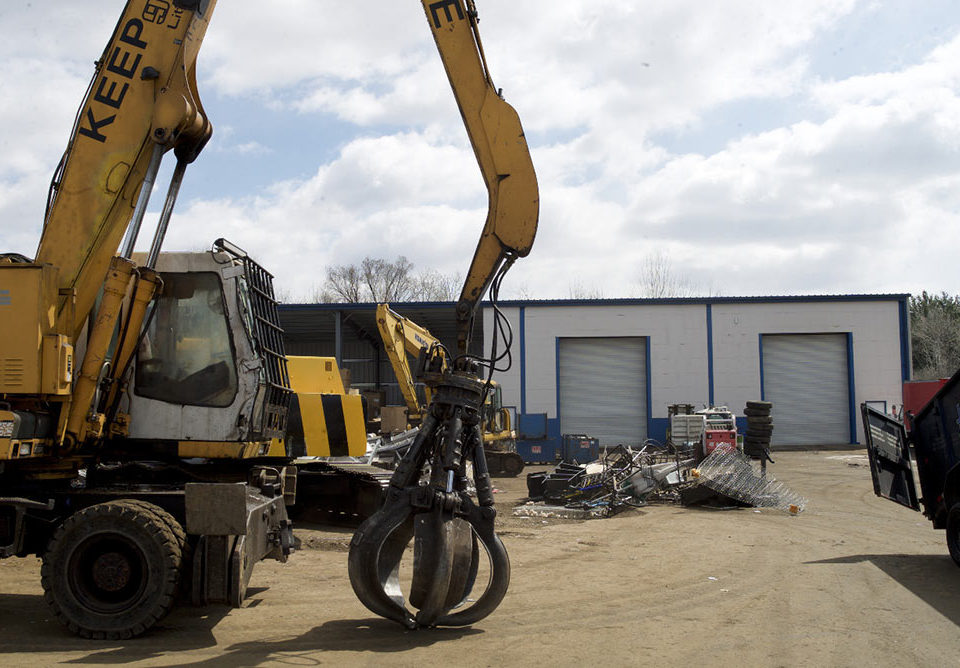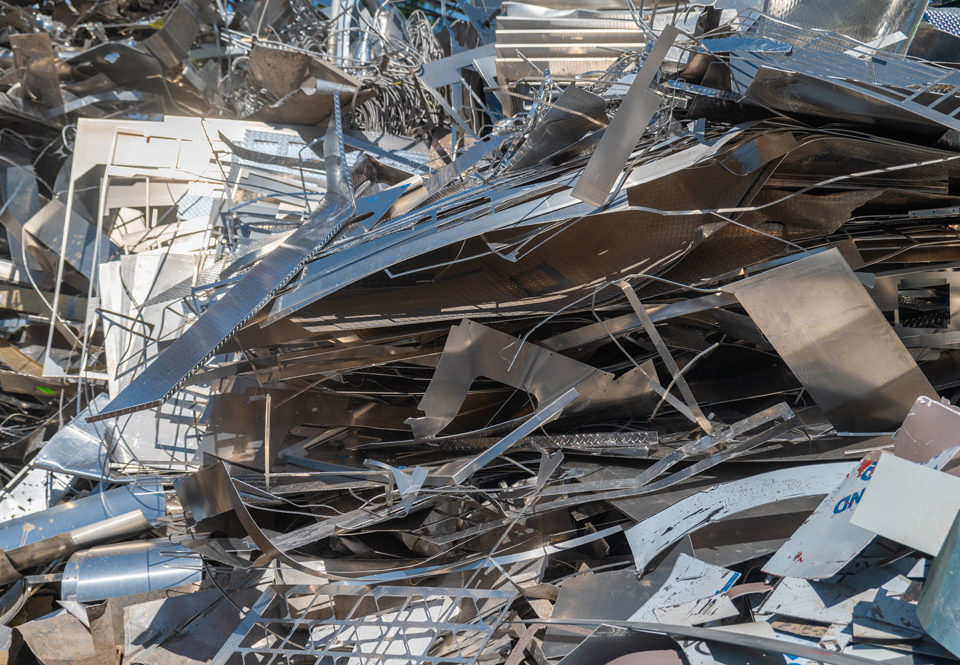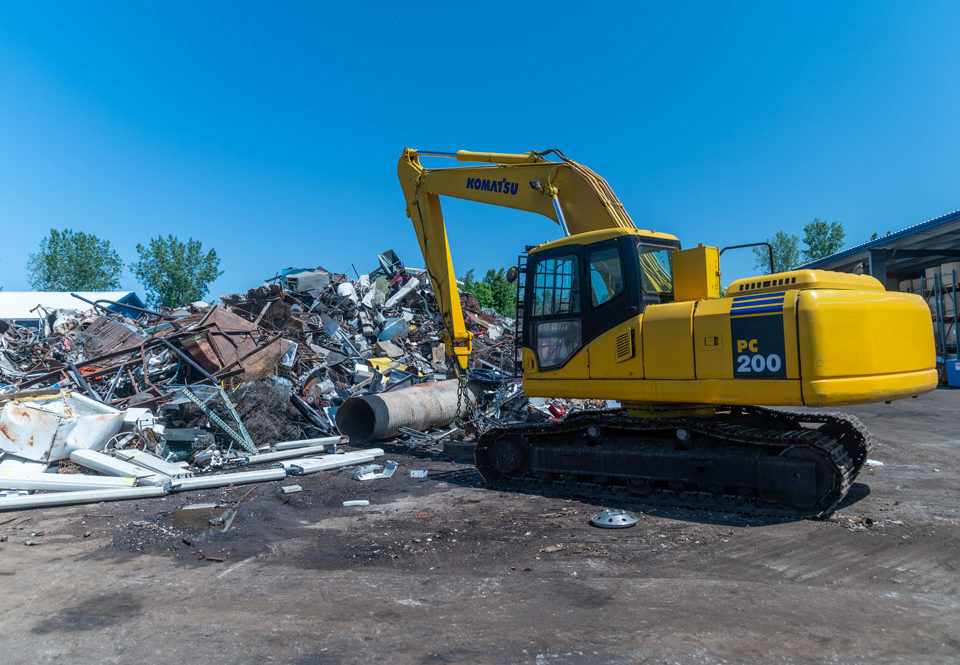
Metal recycling involves recovering scrap from end-of-life products, decommissioned structures, or industrial manufacturing waste so it can be refined and reused to create new goods. This process includes identifying, reclaiming, and purifying both precious and non-precious metals—an essential service in today’s environmentally conscious and resource-strapped world.
Why Refining and Recovering Metals Is So Important
We’re all familiar with the three R’s—Reduce, Reuse, Recycle—often applied to paper, plastic, bottles, and cans. But what many people don’t realize is that metals, including precious ones like gold and silver, can also be recycled.
Recycling metals:
-
Reduces pollution
-
Conserves natural resources
-
Keeps waste out of landfills
-
Prevents habitat destruction caused by new mining
Scrap metal is a sustainable, endlessly reusable resource. It can be melted down and reshaped countless times without losing its properties. In contrast, producing new metal from virgin ore requires far more energy and generates significantly higher greenhouse gas emissions, contributing to climate change and urban air pollution.
During times of economic uncertainty, investors tend to gravitate toward stable commodities—especially precious metals. Gold and silver prices often spike during these periods. While these metals can still be mined, recovery through urban mining—the reclaiming of valuable metals from used electronics and devices—is becoming more efficient and cost-effective. For instance, a ton of recycled cell phones can yield more gold than a ton of mined ore.
How to Identify Metals for Refining
Ferrous vs. Non-Ferrous Metals
A magnet is a simple tool for distinguishing between ferrous and non-ferrous metals:
-
Ferrous metals (contain iron) will be magnetic.
-
Non-ferrous metals (do not contain iron) are non-magnetic.
Precious Metal Identification Tips
-
Gold: Non-magnetic. Pure gold will leave a yellow streak on ceramic tile, not a black one.
-
Silver: Warms quickly to the touch and conducts heat very well. Rubbing silver-plated items often leaves a shiny black mark, whereas real silver won’t.
-
Platinum: Heavier than gold and also non-magnetic.
Other Testing Methods
-
Appearance test: Observe weight, color, and luster.
-
Fracture test: Examine broken sections for texture and grain.
-
Spark test: Use a grinder to observe spark color and intensity.
Common Recyclable Metals and How to Identify Them
Aluminum
-
Very light (three times lighter than iron)
-
Non-magnetic and resistant to rust
-
Common uses: Drink cans, window frames, cookware, food packaging, boats, aircraft, power lines
Copper
-
Turns green or black with age or exposure
-
Soft and bendable
-
Produces a deep, warm tone when struck
-
Common uses: Electrical wiring, motors, roofing, plumbing, rain gutters
Brass
-
Typically yellow to brown in color (copper-zinc alloy)
-
Makes a tinny sound when struck (compared to copper)
-
Common uses: Locks, lamp fittings, terminals, marine parts, valves, musical instruments
Gold
-
Bright, shiny yellow with no oxidation
-
Melting point: 1064°C (1947°F)
-
Common uses: Jewelry, watches, electronics, dental work, computers
Lead
-
Soft, heavy, and carvable
-
Low melting point: 327°C (621°F)
-
Common uses: Pipes, flashing, diving weights, radiation shielding, ammunition
Steel
-
Heavy and magnetic
-
Prone to rust unless treated
-
Produces lots of sparks when ground (more carbon = more sparks)
-
Common uses: Automotive parts, appliances, rails, flanges, valves
Silver
-
Highly conductive (top among all metals)
-
Soft and malleable, tarnishes with sulfide exposure
-
Common uses: Jewelry, mirrors, dental alloys, batteries, electrical contacts
Partner with NRI Metals for Expert Metal Recycling
At NRI Metals, we bring decades of experience in precious and non-precious metal recycling across a wide range of industries. Whether you’re a manufacturer with scrap, a business with obsolete electronics, or a firm seeking maximum returns on refining, we help you turn discarded metal into profitable material.
As both silver and gold refiners, we offer:
-
Expert analysis and identification
-
Maximum value recovery
-
Efficient and environmentally responsible processing
Don’t let valuable material go to waste.
Contact NRI Metals today and discover how your scrap can generate new revenue for your business.



